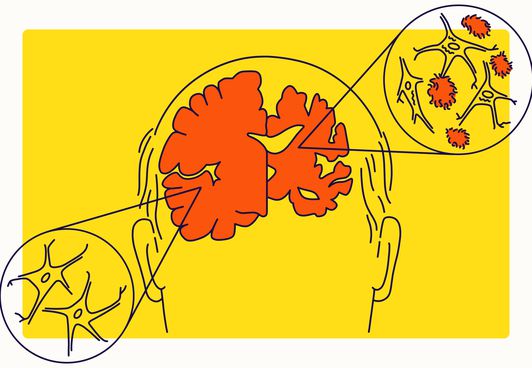
Breaking News
 Will Trump's Legacy Be Saved If He Starts World War III?
Will Trump's Legacy Be Saved If He Starts World War III?
 AI-powered warfare: Anthropic's Claude model used in Venezuelan military raid
AI-powered warfare: Anthropic's Claude model used in Venezuelan military raid
 U.S. deploys second aircraft carrier to Middle East amid escalating tensions with Iran
U.S. deploys second aircraft carrier to Middle East amid escalating tensions with Iran
 The Last Line of Defense: Why America's sheriffs are the last barrier against tyranny
The Last Line of Defense: Why America's sheriffs are the last barrier against tyranny
Top Tech News
 New Spray-on Powder Instantly Seals Life-Threatening Wounds in Battle or During Disasters
New Spray-on Powder Instantly Seals Life-Threatening Wounds in Battle or During Disasters
 AI-enhanced stethoscope excels at listening to our hearts
AI-enhanced stethoscope excels at listening to our hearts
 Flame-treated sunscreen keeps the zinc but cuts the smeary white look
Flame-treated sunscreen keeps the zinc but cuts the smeary white look
 Display hub adds three more screens powered through single USB port
Display hub adds three more screens powered through single USB port
 We Finally Know How Fast The Tesla Semi Will Charge: Very, Very Fast
We Finally Know How Fast The Tesla Semi Will Charge: Very, Very Fast
 Drone-launching underwater drone hitches a ride on ship and sub hulls
Drone-launching underwater drone hitches a ride on ship and sub hulls
 Humanoid Robots Get "Brains" As Dual-Use Fears Mount
Humanoid Robots Get "Brains" As Dual-Use Fears Mount
 SpaceX Authorized to Increase High Speed Internet Download Speeds 5X Through 2026
SpaceX Authorized to Increase High Speed Internet Download Speeds 5X Through 2026
 Space AI is the Key to the Technological Singularity
Space AI is the Key to the Technological Singularity
 Velocitor X-1 eVTOL could be beating the traffic in just a year
Velocitor X-1 eVTOL could be beating the traffic in just a year
Exercise's Secret for Preventing Alzheimer's Disease Discovered by Scientists

A new study has discovered why exercise may prevent Alzheimer's disease, potentially paving the way for new treatments for the currently incurable condition.
Experts at Massachusetts General Hospital found that during exercise, the body releases a hormone called irisin. This hormone has been shown to reduce the brain plaques and tangles commonly associated with Alzheimer's disease onset.
While physical exercise has consistently demonstrated its ability to reduce amyloid beta deposits in mouse experiments, the exact mechanisms remained unclear until now. The study, published in the journal Neuron, clears up this mystery and also suggests potential avenues for prevention and treatment of Alzheimer's — the most common form of dementia.
The Mass General team pioneered the development of the first 3D human cell culture models for Alzheimer's. These models showcase two primary characteristics of the disease: the formation of amyloid beta deposits and subsequent tau tangles in the brain.
It's well-documented that exercise elevates the levels of the muscle-derived hormone irisin, which not only helps regulate glucose and lipid metabolism in fat tissues but also enhances energy expenditure by promoting the conversion of white fat into brown fat. Earlier research indicated that irisin is present in both human and mouse brains. However, its levels are diminished in individuals with Alzheimer's. With this knowledge, the research team introduced irisin to their 3D cell culture model of Alzheimer's.



